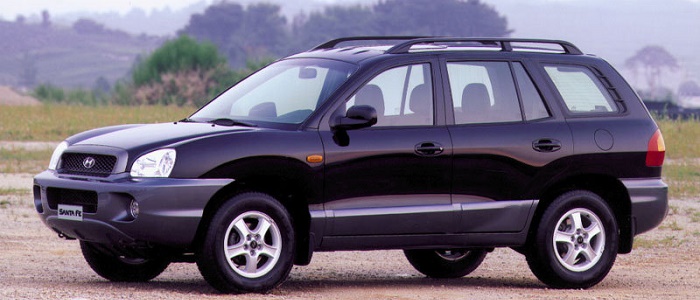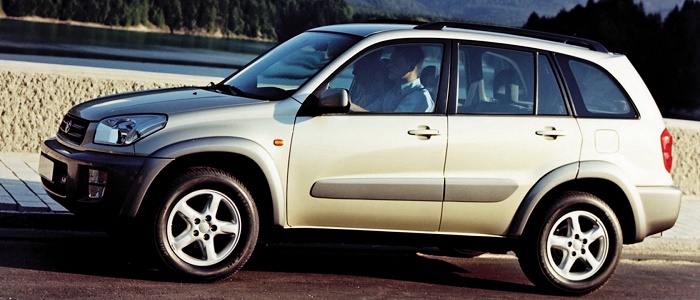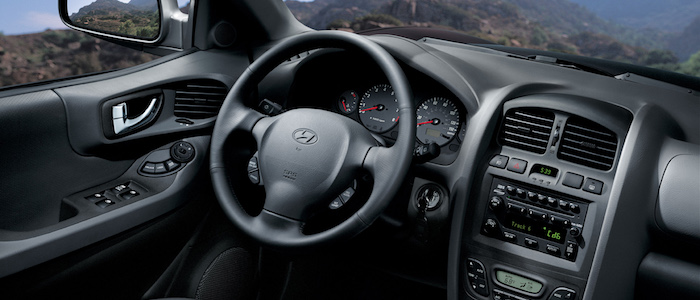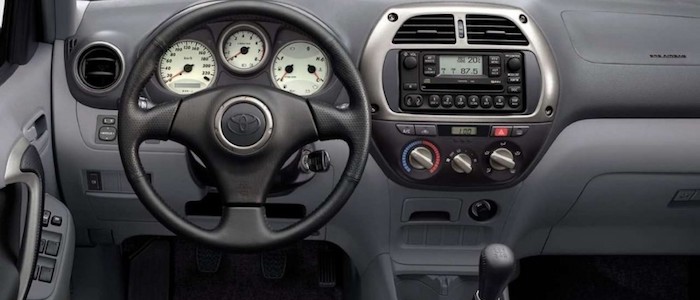Compare two cars
Compare any two cars and get our Virtual Adviser™ opinion
Dimensons & Outlines
Check vehicle history
Engine
Performance (manual gearbox)
Performance (automatic gearbox)
Expenses
Virtual Adviser's™ opinion
Well, these are two pretty similar cars we have here! It's only details that could potentially make the difference. Considering they both belong to the suv segment and utilize the same 5-door suv body style and the 4 x 4 wheel drive system, it all comes up to the specific diesel engine choice they offer. The first one has a VM Motori-engineered powertrain under the hood, a 4-cylinder, 16-valves 121hp unit, while the other one gets its power and torque from a 4-cylinder, 16-valves 116hp engine designed by Toyota.
SafetyThe fact that the Hyundai got tested by the European New Car Assessment Programme (Euro NCAP), while the other contender didn't, offers a slight advantage, as the 4-star rating is better than none. That aside, let's consider some other aspects which affect safety. Both vehicles belong to the suv segment, which is generally a very good thing safety-wise, still it doesn't help us solve our dilemma, does it? Furthermore, taking kerb weight as an important factor into account, the Korean car offers a considerable difference of 24% more metal.
ReliabilityReliability is not the best thing to consider on the make level, but it is worth mentioning that both brands display similar results in faults and breakdowns, when all the models are taken into account. That's the official data, while our visitors describe reliability of Hyundai with an average rating of 4.5, and models under the Toyota badge with 4.6 out of 5. Independent research findings rank Santa Fe as average reliability-wise, and RAV4 is more or less at the same level.That apart, owners of different cars powered by the same engine as the Korean car rank it on average as 4.9, while the one under the competitor's bonnet gets 4.5 out of 5.
Performance & Fuel economyToyota is way more agile, reaching 100km/h in 4.9 seconds less than its competitor. Still, it lacks the power to win the top speed competition, topping at 170 kilometers per hour, 2km/h less than the other car. When it comes to fuel economy things look pretty much the same for both cars, averaging around 7.3 liters of fuel per 100 kilometers (39 mpg), in combined cycle.
Verdict
Hyundai appears just a bit more reliable, although the difference is truly marginal. The most important thing when deciding between any two vehicles should always be safety, both passive and active. In my opinion, everything taken into account, the Korean car beats the other contender by far, making it the best choice without even considering other things. From there things take a different direction, with Toyota being considerably quicker, thus putting more smile on driver's face. To make things even better, it consumps less fuel! No mistake, whatever you decide here, but I'd still go for the Hyundai. In any case that's my personal view, built upon all the data available to me. What should decide here though is the way you feel about the two vehicles, and I hope you'll find my guidelines useful in the process. I suggest you spend two more minutes in order to find out which car, based on your needs and budget, would be picked by the virtual adviser™, out of 12.000+ vehicles we currently have in our database.



































